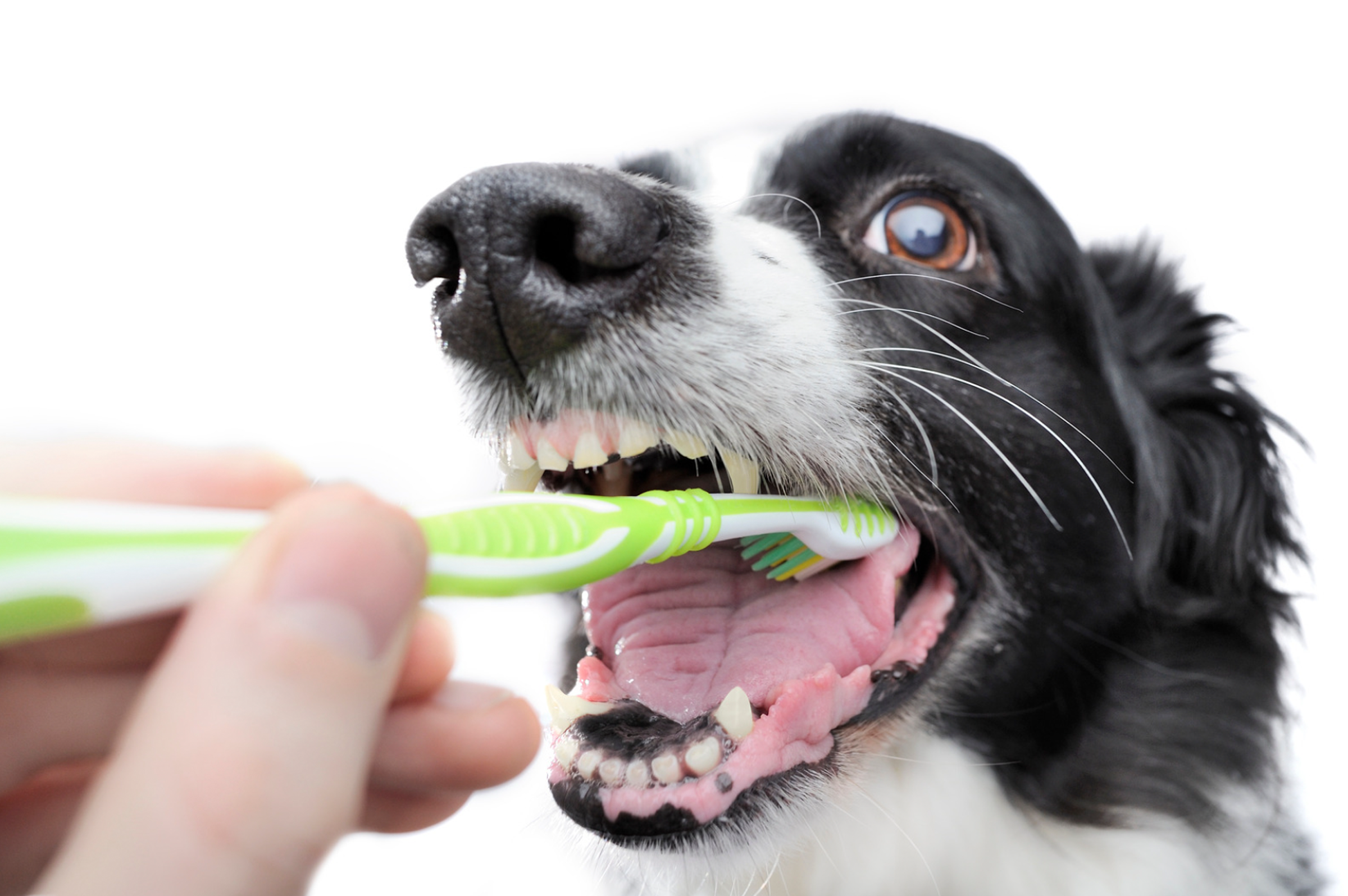Welcome to a world where the calming scent of lavender or the invigorating aroma of peppermint isn't just for humans – but what about our fur babies? As the guardians of our pets' well-being, it's crucial to understand how the essential oils we use can affect them. Pet Wellness Direct prioritizes your pet's health with this comprehensive guide to pet-friendly aromatherapy and essential oil safety.
Understanding Essential Oil Use Around Pets
While the therapeutic benefits of essential oils for humans are widely recognized, the effects on pets can be quite different. Pets have a more sensitive sense of smell and may be more susceptible to oils that are perfectly safe for human use. For instance, the ASPCA warns that certain oils could cause adverse reactions in pets.
The Safe Route: Pet-Friendly Essential Oils
In considering which essential oils are safe for pets, a little research goes a long way. For example:
- Chamomile, famous for its soothing properties in humans, is generally safe for pets when used in moderation.
- Lavender, often used for relaxation, can also be safe for your furry friends, offering a calming atmosphere in stressful situations.
Make sure to check with reputable sources or consult with your vet before introducing any essential oil into your pet's environment.
Essential Oils to Avoid
Certain oils are known to be harmful to pets and should be avoided entirely:
- Citrus (such as lemon and orange), which can irritate the central nervous system of cats and dogs
- Tea tree (melaleuca), which can cause temporary paralysis in pets even in small doses
These findings are echoed by resources such as Pet Poison Helpline, which provides detailed information about toxic substances for pets.
Pet Safety Measures When Using Essential Oils
When you've ascertained the safety of certain essential oils for your pets, there are still measures to take to ensure their safety:
- Quality: Always use high-quality, pure essential oils without added chemicals.
- Dilution: Heavily diluting essential oils lessens the potency and reduces the risk of irritation. Our pets have very sensitive receptors, as compared to us humans. Depending on the breed, dogs have up to 300 million olfactory receptors as compared to humans that have 6 million. So, a dog’s ability to analyze various scents and smells may be 40+ times greater than ours. Cats are similar.
- Dispersion: Use a pet-safe diffuser and ensure the room is well-ventilated.
Always observe your pet's reaction when introducing a new scent. If they seem distressed, discontinue use immediately.
Conclusion: Embrace Aromatherapy with Caution
Incorporating essential oils into your routine can benefit both you and your pets, provided you do so with caution and knowledge. With the guidance of Pet Wellness Direct, renowned for its scientifically formulated products, you can create a soothing, safe environment for your four-legged friends.
For pet owners seeking reliability in pet care products, look no further than the American-made solutions from Pet Wellness Direct, supported by expert veterinary insight. Inquiries and consultations for holistic, pet-safe practices in aromatherapy are encouraged and welcomed as part of the company's commitment to your pet's overall health.











